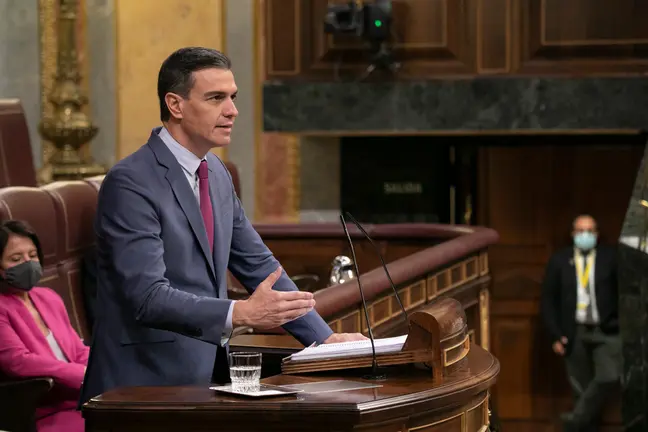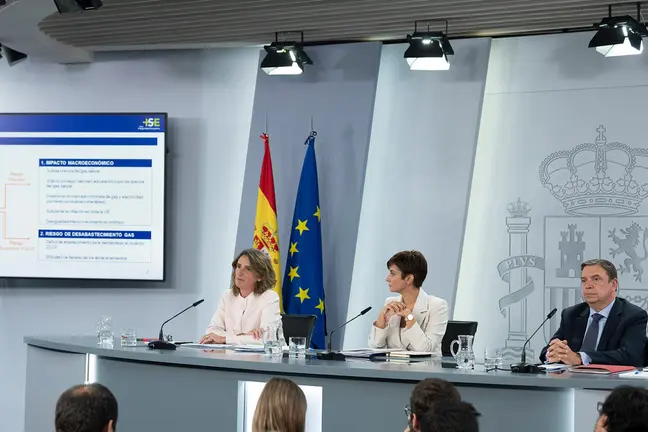Only a few hours have passed since the first bombs exploded in the Ukraine and the effects of the Russian invasion are already being seen in the energy markets.
The prices of gas and oil, vital for the functioning of developed countries, have skyrocketed and it is very likely that these higher costs will soon spread to the rest of the goods and services in the production chain.
According to the first estimate of the panel of analysts of the Funcas think tank (former Fundacion de las Cajas de Ahorro), inflation in Spain could suffer a sharp increase if the conflict continues over time and intensifies.
Funcas explained in a statement that, before hostilities broke out, less tension was anticipated in the gas markets starting in the spring, as shown by the futures market.
This relaxation allowed a glimpse of a slowdown in the price of electricity as of April. As for oil, the forecast was for it to remain around 80 dollars a barrel of Brent for the rest of the year. With these hypotheses, the Spanish Consumer Price Index (CPI) forecast for 2022 was for an annual average increase of 4.6%, a rate significantly lower than the levels reached in the most recent period.
However, the threat of a disruption in Russia's energy exports is being reflected in energy markets. Market prices reflect a rise in electricity prices and not a slowdown as expected in the central scenario.
"For its part, a barrel of oil is trading around 100 dollars, significantly above what was initially forecast," Funcas points out.
"All this would result in an increase in the CPI of 5.6%, one point more than the forecast made before the conflict in Ukraine.
"Finally, in the event of a growing risk that the prices currently observed are perpetuated, the CPI would increase to 6.5%, almost two points more than in the pre-conflict forecast," the economic think tank warns.
Higher inflation to harm households
Funcas' panel of experts says that the conflict that has broken out in Eastern Europe "complicates the recovery scenario that was proposed at the beginning of the year."
Higher inflation would harm the purchasing power of households and therefore would undermine the recovery of private consumption, with a very important impact on growth.
It would also affect exports to countries like Germany, which are even more exposed than Spain to cuts in Russian gas supply. All this without taking into account the foreseeable deterioration in confidence, a key factor in business investment, or the impact on interest rates and financial markets.
"Therefore, if the current tensions continue, the Spanish economy would grow at a rate significantly lower than the 5.6%" anticipated by Funcas.












